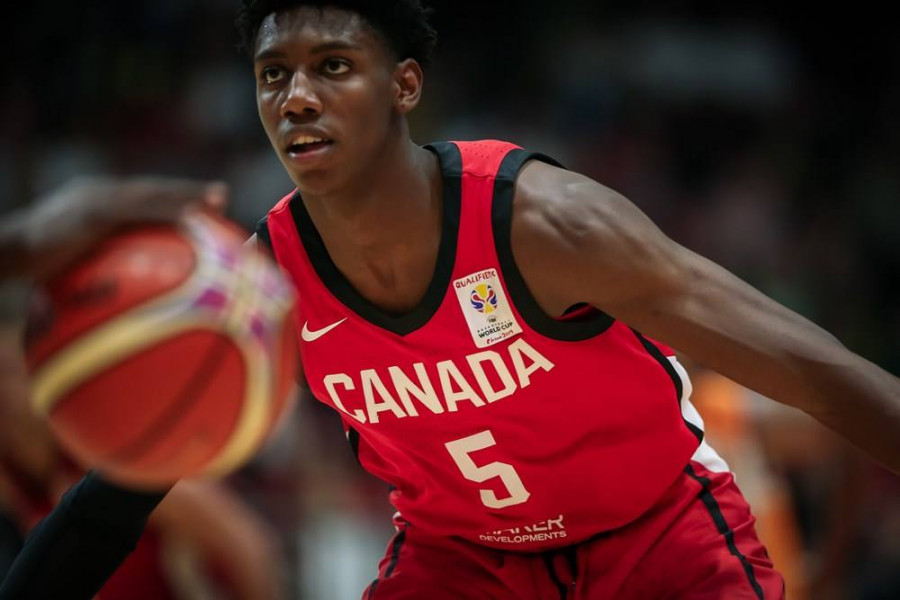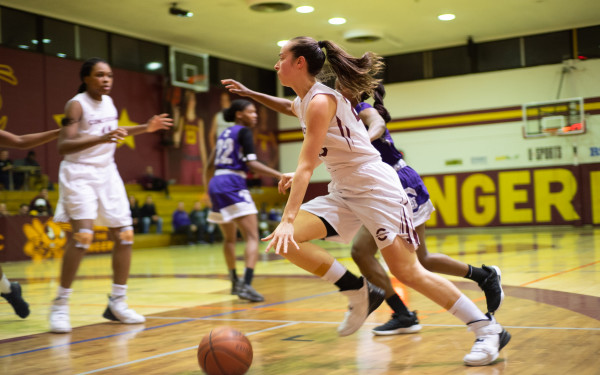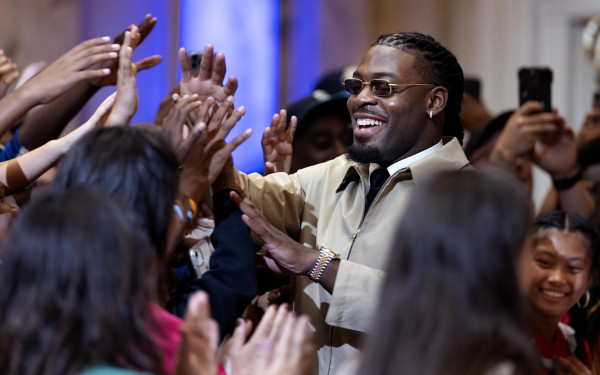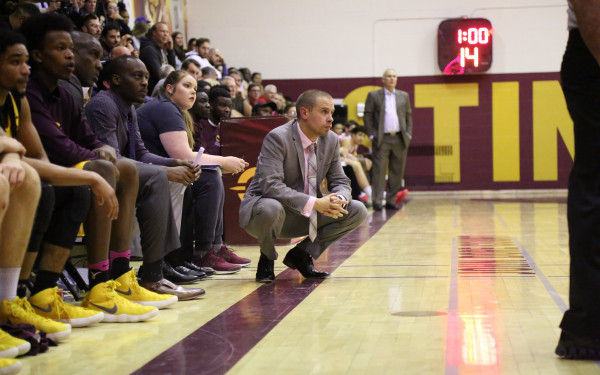Technical fouls are getting out of hand
NBA referees have to stop stealing the spotlight from the league’s stars
Picture this: It’s the fourth quarter in a match between two juggernauts of each National Basketball Association conference, the Utah Jazz and the Philadelphia 76ers. In the final minutes of overtime, superstar 76ers centre Joel Embiid slips, and falls while attempting a slam dunk. Instead of the referees calling nothing, they hand Jazz centre Rudy Gobert—who lightly tapped him on the arm during the play—a foul, which gave Embiid two free throws in a game where his 76ers were only up by three points. Donovan Mitchell, a Jazz player, loudly protested the foul and the referees ejected him from the game with only a minute remaining in overtime.
Soft fouls such as these are becoming far more commonplace in today’s NBA, and it is beginning to affect the outcome of games and the standings table. The 76ers eventually won that game, but had Mitchell been able to stay in the game, the outcome may have been far different. That same 76ers team is currently tied for first place in their division with the Brooklyn Nets, and had they lost that game against the Jazz they would be in second place in the conference.
While poor refereeing decisions can cost teams wins at times, calling too many fouls can slow down the game in a manner which can make the game less attractive for new viewers. After all, people do not want to tune in to watch their favorite NBA players engage in a free throw shooting competition; they want to see exciting plays like slam dunks or chase down blocks.
Basketball is a team sport, and a huge part of what makes the league so special is the fascinating individual plays that players are able to make. Most viewers prefer watching a game full of slam dunks, huge blocks, and fast breaks than watching a game bogged down by lots of free throws. Every time a player has to shoot free throws the clock is paused, which slows down the pace of the game significantly.
In a game on March 3, between the Los Angeles Lakers and the Sacramento Kings, Montrezl Harrell used his size to get himself under the rim for an impressive layup, while being guarded by multiple Kings players. Harrell shouted “AND ONE” on the play, a basketball term signifying he thought a Kings player should have received a personal foul for making too much contact on the play. Instead, the referees decided to give Harrell himself a technical foul for shouting the words “and one.” If they are going to punish Harrell for his exclamation, they should probably review game audio, because almost everyone in the league has shouted “and one” before and not received punishment for doing so.
One might expect high school basketball to call a lot more fouls, due to the nature of it being younger players and therefore more precautions needing to be taken, but in highschool I only received one technical foul, and I was the only person on my team who ever received a technical foul. While I did deserve that technical foul, they never called technical fouls for occurrences such as passing the ball too hard to the ref, shouting “and one,” and complaining about foul calls.
So, what is the solution to this? Obviously, the league cannot fire every single referee who has mistakenly made a poor call, but there are other solutions. According to the NBA rulebook, “An official may assess a technical foul, without prior warning, at any time. A technical foul(s) may be assessed to any player on the court or anyone seated on the bench for conduct which, in the opinion of an official, is detrimental to the game.” The NBA rulebook is essentially allowing referees to call whatever they want a technical foul, which is a serious problem. The referees are not robots, therefore each one likely has a different perspective on what should be considered a technical foul. Editing the rulebook to have a clearer definition of what constitutes a technical foul would allow for referees to better judge a situation and properly assess technical fouls where needed.
The NBA needs to find a balance between calling too few fouls, and calling way too many fouls. No one wants to relive the “Jordan Rules” of the 1990s where certain teams would attempt to injure star players such as Michael Jordan just to win basketball games. However, the opposite end of that spectrum is playing out where the entire match is being dominated by free throws and long pauses. Hopefully the NBA finds a balance soon and the league can get back to the level we know it can reach





_600_375_90_s_c1.jpg)

